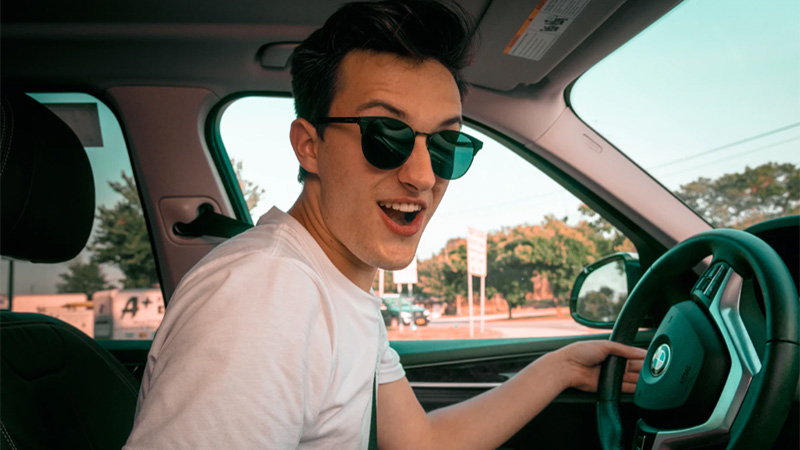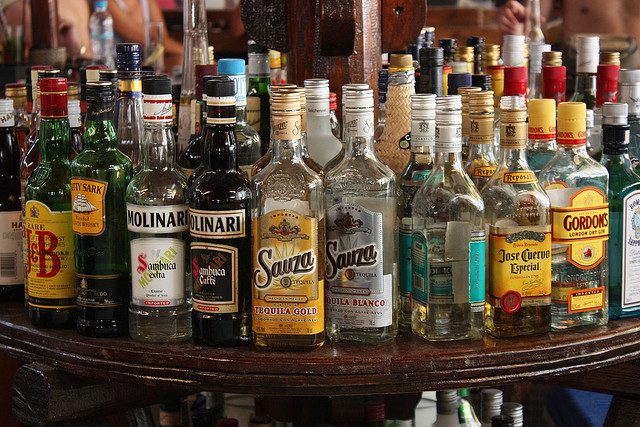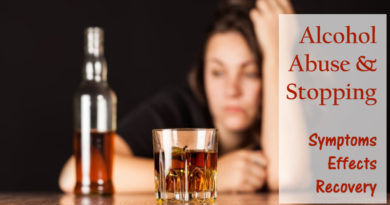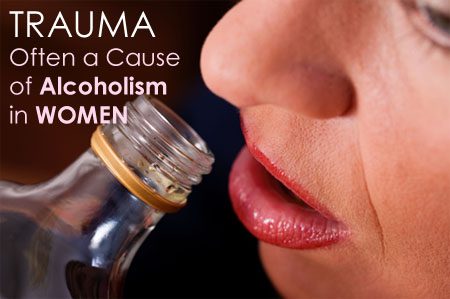How can you help your teenager stay away from alcohol? Especially when they plan to drive
Alcohol reduces the brain’s function, reasoning and muscle coordination. Your child needs all of them to drive a car safely. When the alcohol levels rise in their body, their central nervous system starts experiencing its side effects and fails to respond properly.
Daily, 30 people in the USA die in vehicle accidents that involve an alcohol-impaired driver. This means someone dies every 50 minutes. The National Institute on Alcohol Abuse and Alcoholism states that teenagers abuse alcohol more than other substances. The risk of DUI is high with teenagers because they are more likely to binge drink. The CDS reports that teenagers drunk drive 2.4 million times each month. A third from the vehicle accidents involving people aged 16- 20 result from drunk driving.

As a parent, it’s your role to model safe behaviour for your children and discourage them from drinking and driving.
Factors that increase the risk of teenagers’ alcohol use
By identifying the factors that increase the risk your child to use alcohol, you can create a strategy to discourage them from drinking.
– Friends involved in drinking activities
– A family history of alcoholism
– Mental health problems, emotional issues and depression
– A history of emotional and social problems
– Significant social transitions like graduating middle school, moving to another city for
high school, getting the driver’s license
There are ways a parent can model safe behaviour and educate their children to stay away from alcoholic boozes. It’s important to talk with your children about the dangers associated with drinking alcohol because your failure to discuss this subject can be interpreted as indifference. Your role is to ensure the above factors don’t affect your child. Stay in touch with their friends’ parents to find out where they are and what they’re doing. Supervise their activities, and encourage them to spend time at home with their friends. And if they sip alcohol from time to time, encourage them to have safe driving behaviour. Let them know that you’re available to drive them home when they drink with their friends.
How can you prevent your teenager from drinking?
You play an important role in preventing underage drinking. Studies prove that children pay attention to their parents’ attitudes and values when they make their own decisions. They consider their parents their major influencers when they decide if they consume substances. You should carefully model the messages you send to your teenagers. You’re their role model, so when at home you shouldn’t have more than one drink. Then you should switch to soda or other non-alcoholic drinks. Your children are always watching how you are behaving around alcohol, and they’ll do the same. Communication about this subject is essential because they may think beer is harmless, but when they drink more than one glass it can have the same debilitating effect as stronger alcoholic beverages.
Encourage them to take part in extracurricular activities
The best way to prevent underage drinking is to keep them busy. The idea that your children are spending their vacations around the house with no supervision makes you anxious. But you cannot lock them in the house, so you have to keep them busy. Ask them what they would like to do and organise activities that fit their interests. Arrange extracurricular activities with their friends’ parents. You can enroll them in a local volunteering organisation to keep them busy.
Partner with the school
Talk with their teachers to create school policies and activities that prevent underage drinking. Schools can provide forums that explain how alcohol affects teenagers’ bodies, and what are the outcomes for DUI. The school counsellor should be available to discuss with them the subject of alcohol and to explain what its risks are.
What to do if your child faces DUI charges?
It’s stressful when your child receives a DUI because it can be detrimental to their life. If this is the first time you’re dealing with this situation, contact a DUI attorney San Diego to support
you during the process because you may have no idea what to do. You shouldn’t feel like you’ve failed your teenager because you didn’t protect them from underage drinking. You should be proactive and encourage them to make better decisions in the future. Explain to them the consequences of their actions, and why driving under influence is bad.
Consulting with a professional attorney who can take on the case is the best way to handle the situation. Don’t have the misconception your child doesn’t stand a chance in fighting the DUI charges. The right attorney can go to court and win the case. Hire someone with great expertise and experience. Check their pat outcome in court time to ensure they had positive results. They can lower the charges or get them dropped.
How should you talk with a teenager about drinking?
It’s difficult to talk with your kids about subjects like alcohol and drugs, but it cannot wait. But what should you say to them about the dangers of alcohol? When should you begin this discussion? And how should you talk to them? Don’t find shocking that their friends influence their decisions. 40% of children try alcohol when they reach eight grade. So, you should begin the alcohol discussion earlier.
Children are naturally curious, so they start thinking about alcohol and other substances between 9 and 13. At this age, they think drinking is something cool and they experiment with it in various forms.
You cannot be with your children 24/7 so you need to do your best to educate them to resist the temptation called alcohol. You should be open and honest about the effects of alcohol and tell them you are in this together with them because you want what’s best for their future. Be loving and consistent but firm. This way you give them a solid foundation that helps them grow up with self-confidence.
The best thing you can do is to show them support and be there when they don’t know what decision to make.



